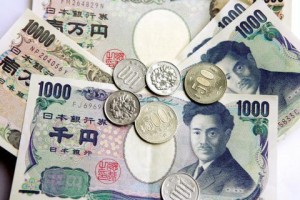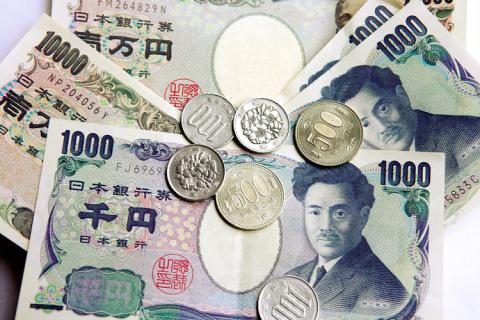 Japan’s ailing currency has long been heralded as a potential economic aid for the East Asian country. As the yen’s value increased substantially during 2012, export-based Japanese companies faced falling profit margins and an international sales outlook that was far from positive.
Japan’s ailing currency has long been heralded as a potential economic aid for the East Asian country. As the yen’s value increased substantially during 2012, export-based Japanese companies faced falling profit margins and an international sales outlook that was far from positive.
Over the last day of trading, however, Japan’s currency has increased substantially against the United States dollar, putting Japan’s exporters in a difficult position. The United States is Japan’s largest trading partner, with exports of vehicles, consumer electronics, and other products bringing in trillions of yen per year.
The Japanese currency is now valued at 94.06 against the US dollar – a sizable rise from its previous valuation at 102 yen per dollar. The increase in the yen’s value is cause for concern in Japan, with the stock prices of numerous Japanese companies on the decline as the currency’s value continues to increase.
Japan has faced an ailing export sector in recent years fuelled by the growth in the value of the yen. Large firms such as Sony and Nissan have faced gloomy overseas sales figures as their products – formerly competitively priced consumer goods or automobiles – increase in cost relative to their international competitors.
Key concerns for Japan include the possibility of the United States reducing its total stimulus spending, which would in turn increase the dollar’s relative value. Japan’s government has engaged in a program to double the country’s currency supply over the past five months, as the rising yen has taken its toll on the private sector.
The falling value of the yen had previously caused optimism in Japan’s investment communities, with a buying rush aimed at major stocks taking place. As the value of the yen continues to increase, however, Japan could find itself stuck with a lasting bull market fuelled by the country’s turbulent currency.





